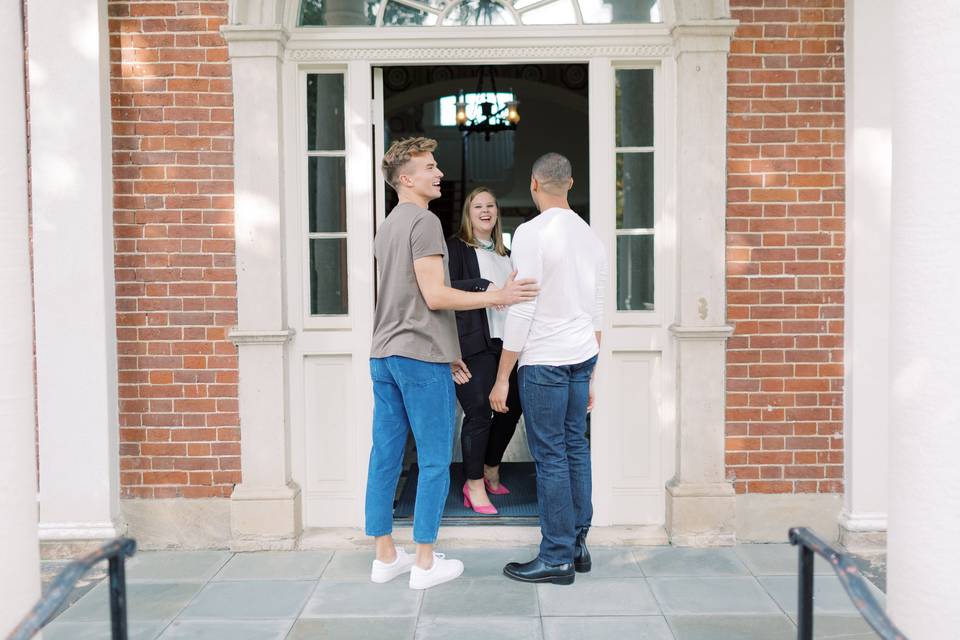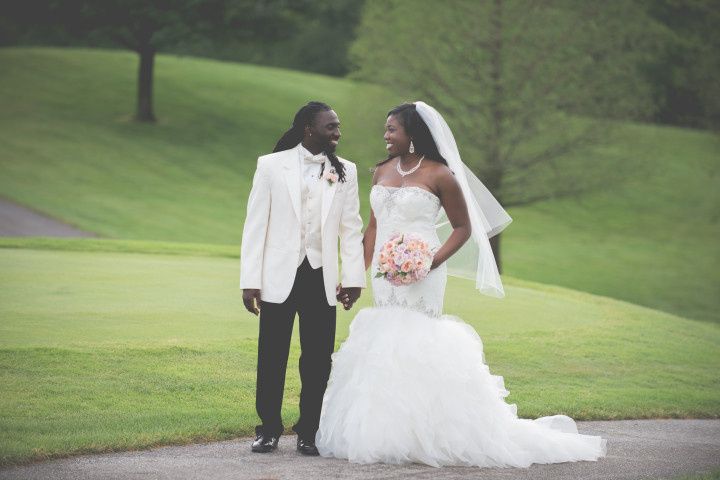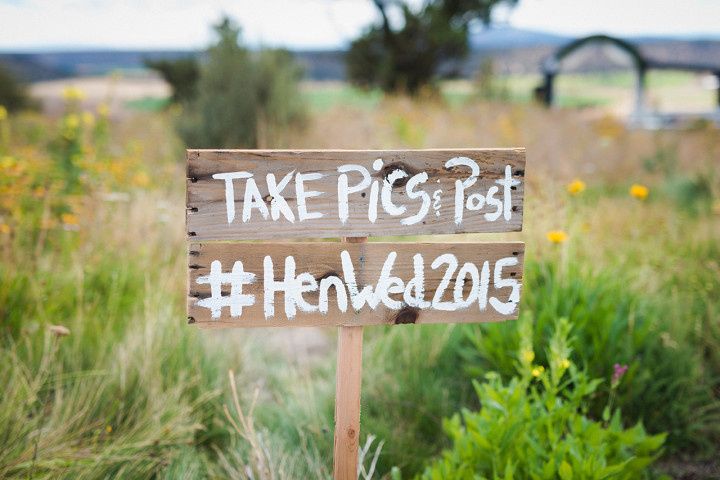The 11 Wedding Planning Questions You Should Ask Yourself
Just engaged and starting your wedding countdown? Here are the wedding planning questions you'll have to ask yourself early on in the process.
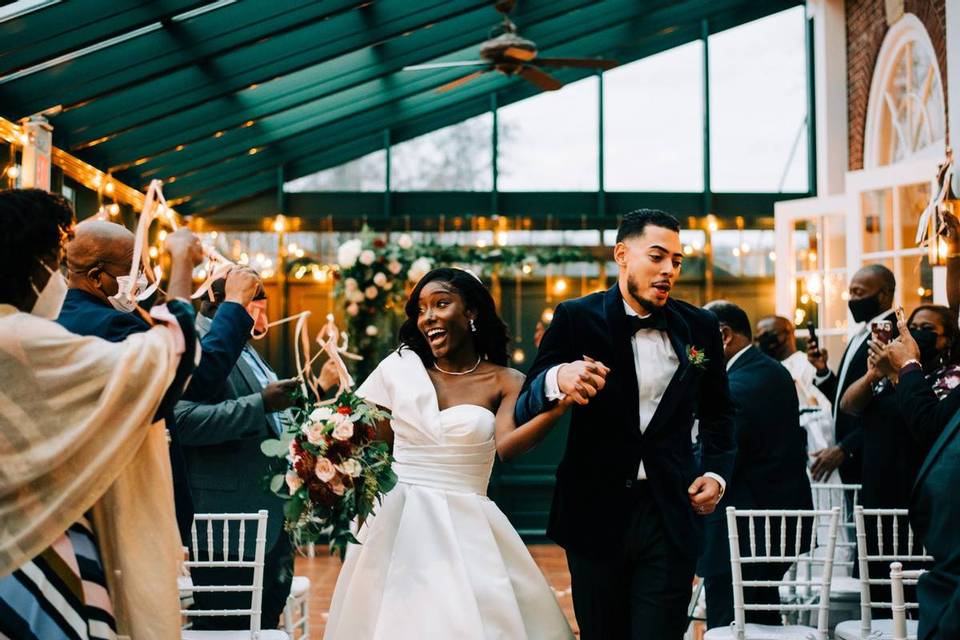
Fact: Your wedding day will be the result of approximately 10,000 small decisions, each which you may or may not have ruminated over for what society might consider “too long.” What first dance song? Tall centerpieces or low ones? One big cake or lots of small desserts? The wedding planning questions and decisions may seem endless (and if you're planning a wedding during the coronavirus pandemic, even more endless), but truly, some are much bigger than others.
In fact, the answers to some questions to ask yourself during the wedding planning process can have huge impact the overall outcome of your big day—whereas other decisions, like what color linens you choose, really won’t matter much in the long run (trust me!). But don’t fret—while these decisions may seem big, they’re not hard—all you need to do to figure them out is be prepared and have some vision. Here’s a primer on exactly which common wedding planning questions you need to ask yourself before stepping on the gas.
Hometown or destination?
Not all destination weddings take place on tropical islands at all-inclusive resorts. As a matter of fact, any wedding that asks a majority portion of the guests to travel, and which you plan remotely from another city, qualifies as “destination.” If you choose to embark on planning a destination wedding, you’ll face a spate of logistical challenges that those planning local weddings may avoid—simply hiring wedding vendors located elsewhere (especially in another country!) can be complicated, not to mention adding in obstacles like having to travel to and from your destination several times during the planning phase (costly and time consuming!) and having to make some selections remotely, without being able to view in person. On the other hand, all of this can be worth it if your destination is particularly meaningful to you and/or your family, or if setting in general (i.e. the backdrop of your wedding, or the amenities of a specific venue in a specific destination) is super-important to you—and a local wedding coordinator can help you navigate the wedding scene in your chosen destination. Likewise, go local if getting married in your hometown is what matters most to you. Whatever you choose, there will be guests who have to travel regardless, so make sure to reserve hotel room blocks or help travelers find lodgings however your location is able to.
Big or small guest list?
One of the most important questions you'll need to figure out early on the planning process—do you want a big wedding with lots of guests or a more intimate event? While you don't have to come up with an exact number of wedding guests right away, you'll want to have an idea of your perfect wedding size. This general number impacts your wedding venue options, your budget, and much more.
Warm or cool weather?
There's no need to set an exact wedding date immediately, but figuring out the time of year when you'd like to wed is a good first step on your planning checklist. Do you want a summer wedding or one in the fall? Spring or winter? Coming up with your ideal wedding season (or, even better, a month or a few weekends that work) will help you set the tone for your big day.
Fancy or casual?
We're not imploring you to come up with an exact dress code as part of this list of questions—but you should think about the general feel of your wedding day. The formality of your wedding will not only help you on your venue search (barn vs. ballroom!) and choosing a wedding dress and attire, but also in every style decision you make, from your save the dates and wedding invitations to working with your florist. And remember, if you opt for a more formal wedding, you can always have a more casual rehearsal dinner (or vice versa!) to mix up the vibes.
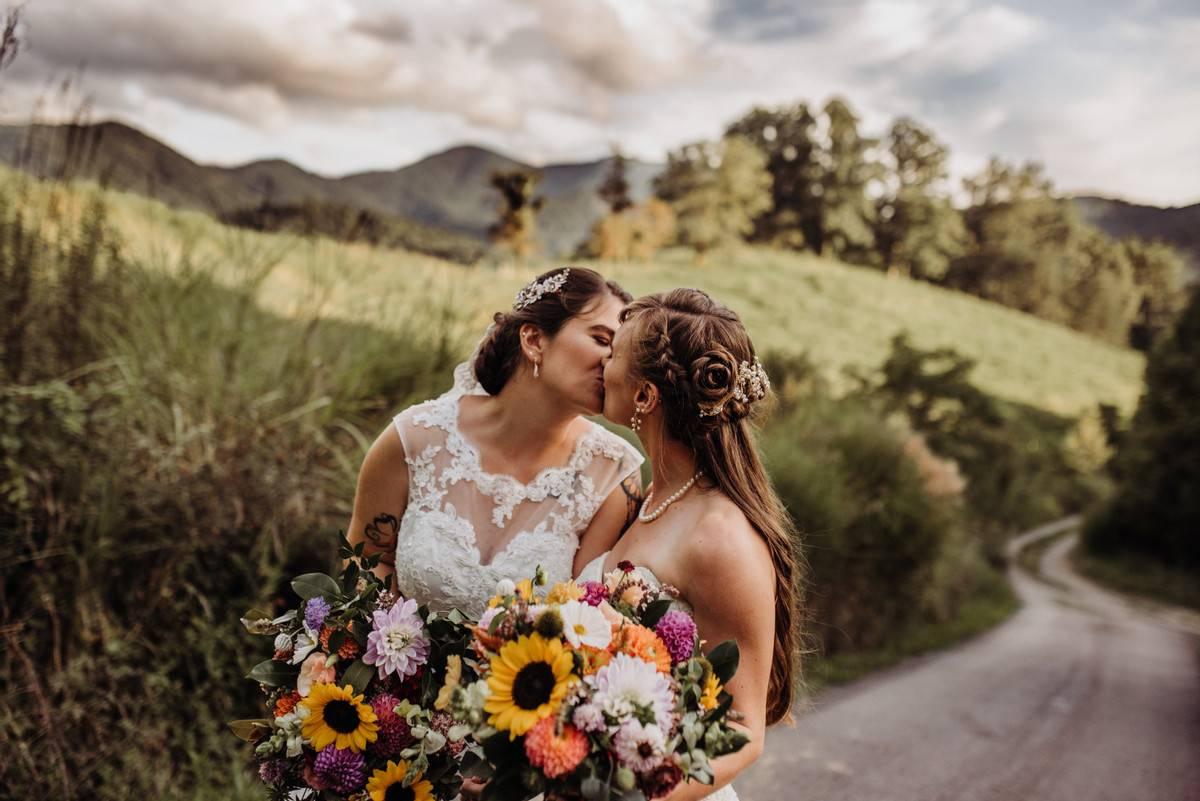
Indoors or outdoors?
This might be the single-most deciding factor when it comes to determining the look and feel of your wedding day. Decor, florals and signage can only go so far to transform the look of an outdoor garden or hotel ballroom, for example, so you really need to figure out the type of wedding venue you’re going after before figuring out whether you want an indoor or outdoor celebration. Also, of course, consider weather and infrastructure—if outside, will you have to construct a tent? Is it in your wedding budget? Will you need some other backup plan if it rains? There are pros and cons to each side of this decision, but a good place to start is: What do you want the vibe of your wedding to be? Black tie and formal? Inside it is! Romantic and rustic? Barn it up! Depending on your answer, your decision on indoor vs. outdoor will practically make itself.
Unplugged or plugged in?
This question to ask yourself when planning a wedding is a decidedly modern one, so don’t plan on asking your parents for input. Instead, weigh what matters most to you—social media coverage of your wedding (totally OK if this is important to you!) or having the full attention of your off-the-grid guests (totally OK if this is important to you!). Going unplugged could seem dreamy in theory, but it may inconvenience guests and can seem a bit Machiavellian (it’s a wedding, not boarding school), not to mention, you won’t get to scroll through beautiful memories of your wedding via a hashtag for days (or months!) after the fact. On the other hand, being free with phone usage gives a more laid-back vibe, but it can get in the way of your wedding photographer and distract guests from the magical moments you’ve been planning (and dreaming about) for months. When deciding on this one, ask yourself whether you’re more of an in-the-moment type (no phones!) or a nostalgia type (yes phones for social media memories!). Or, just compromise by asking for no phones during the ceremony but permit them during the wedding reception.
Custom or classic vows?
This question to ask yourself when planning a wedding should be an easy one—you should already sort of know when entering your engagement whether you’re a write-your-own-vows type or not. And while writing your own vows can make for a slightly more personal and memorable wedding ceremony (for you and your spouse-to-be as well as your guests), it can also be an intimidating process for non-writerly types and downright terrifying for those who aren’t comfortable with public speaking. No matter which approach you and your partner decide on, your ceremony will be beautiful and will make people cry—you can trust in that—so what’s important here is to do what will make you both most comfortable and happiest, not what you think is in style or what is expected of you. The biggest impact this choice will have on your wedding day will mostly be on your nerves and emotions (you will likely be a little more stressed and emotional reciting handwritten vows) and on the time it will take you to prep (handwritten vows obviously take time to write; classic vows don’t). Having a tough time deciding? You can do both—share handwritten vows just the two of you the night before your wedding, then, to cut the nerves, share traditional vows during your ceremony when all eyes on you.
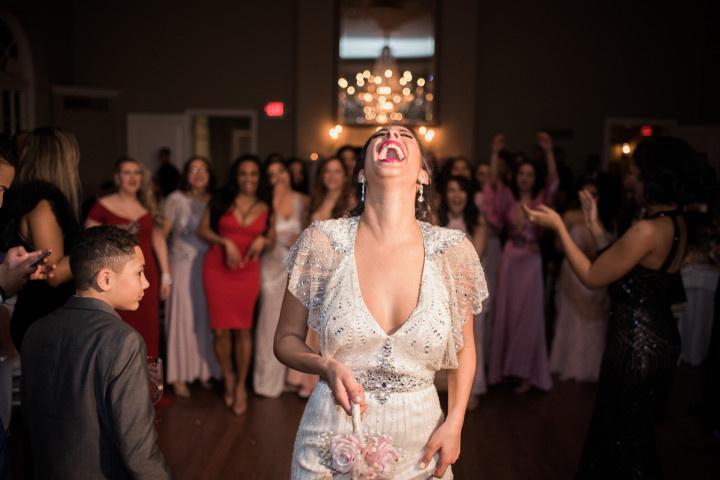
Assigned seating or choose-your-own-adventure?
Receptions without assigned seating aren’t common, but they are a thing, and depending on your vision, this wedding idea could fit your event perfectly. The main difference on the surface is formality and tradition, but on a deeper level, there’s also a psychological effect on your guests when you choose to forgo assigned seating. While it may give off a free-spirited vibe, it can also cause some anxiety among guests, who may feel they need to scramble for a certain table, or seats next to people they know, or be strategic about not stepping on the toes of more “important” wedding guests like parents and other relatives of you and your partner. None of this, technically, is the job of those on your guest list, whose experience should be as seamless as possible. So, if you opt for assigned seating, be prepared to do a little extra work upfront (hello, escort cards and place cards!) but then enjoy a worry-free reception where there’s a place for everyone and everyone ends up in their place. Or, if you choose to skip the seating chart, be prepared for a little confusion post-cocktail hour, during the transition period when everyone is rustling about trying to find a place to settle in. Either ask your wedding planner or a member of your wedding party to help direct traffic, or set up your tables strategically—fewer long, farm-style tables will make this easier than many, smaller tables.
Buffet or plated dinner?
Before you decide on this one, let me set one thing straight that my caterer cleared up for me: It’s not necessarily true that buffets are less expensive than plated dinners, even though that’s what’s most commonly believed. That’s because even though buffets require less manpower and attention to detail than plated dinners, they usually end up featuring more food in general, which can drive up costs over anything you’d save on service. So, set costs aside, and make your choice on what you’d like to have instead. Plated and served dinners lend a formal touch to your reception, while buffets help with a more relaxed, go-with-the-flow vibe. Plus, buffets let you offer more variety to your guests, while plated dinners tend to follow a more comprehensive storyline. Having a hard time choosing? You can also opt for a family style dinner, which features larger portions of food served on platters to each table—kind of a best of both worlds situation that also helps guests strike up conversation at dinner.
Bouquet/garter toss or no?
This tradition could be seen as sentimentally cute or anachronistically campy, depending on your style, and that’s ok! Overall, it’s a matter of tradition: Opting to go for it will add some action to your reception and break the evening up a bit, not to mention provide a few laughs and nod to classic wedding traditions. If these traditions matter to you, I say go for it. If you’re not the traditions type and you feel like you should do a bouquet and garter toss because that’s what’s expected, even though you aren’t totally into it, feel free to skip it! It’s by no means an essential part of your wedding and foregoing it will leave your reception open for more party time on the dance floor, or additional unique events like performances and speeches. The only people who are deeply involved in this event are your bridal party, so if you do opt to go for it, make sure to prep them so they’re not blindsided!
Open bar or cash bar?
There is no question here. You’re doing an open bar.





